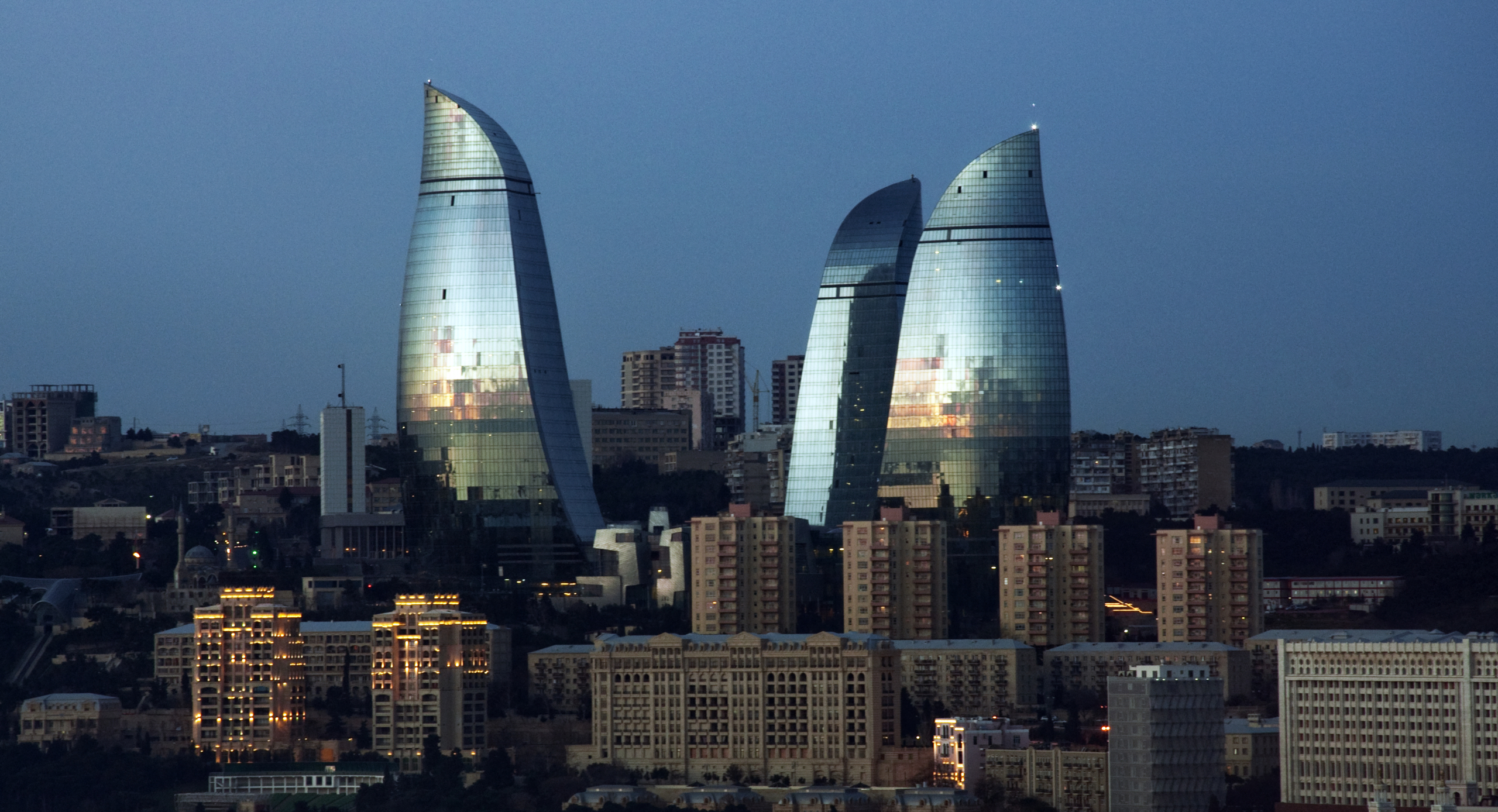Sign up for the daily CJR newsletter.
The country of Azerbaijan is suing two French journalists for defamation in France for describing the oil-rich state as a “dictatorship.” The move could set an important precedent, in France at least, for foreign governments seeking to curb freedom of the press beyond their shores.
The targets of the lawsuit, which critics have decried as an attempt to “export censorship,” are investigative filmmaker Laurent Richard and TV presenter and reporter Elise Lucet.
Richard made the claim in an interview promoting his high-profile 2015 documentary, broadcast as part of French public television’s Cash Investigation series, about cozy French government ties to Azerbaijan — an example of what he calls “caviar diplomacy.”
Earlier this week, Richard and Lucet found themselves at the center of a court case, unprecedented in Paris, facing accusations they had defamed not an individual, but the Azerbaijani state itself. In court, Azerbaijan’s lawyer said the documentary was lacking in nuance and ignored the progress the country has made on human rights and democratization, according to Le Monde.
ICYMI: An image on Trump’s Instagram reveals how his staff serves him complex information.
“It’s the first time in French history that a state is suing reporters — French reporters — on French soil,” Richard tells CJR in an interview after the trial. “They want to export the censorship they are currently doing on a daily basis in their own country with total impunity.”
Under French defamation law, foreign individuals can sue in French courts. In 2011, the daughter of Uzbekistan’s then-president, Islam Karimov, sued French news website Rue89, which had called her “a dictator’s daughter.” And in 2014, the son of the Equatorial Guinean president, Teodoro Obiang, sued news magazine L’Express over a critical profile. Both challenges failed.
It’s not clear that foreign governments have the same right to sue, however. Worldwide, it’s extremely unusual for regimes to sue anyone for libel — let alone reporters in a foreign country.
“There is clear law in this country, and there is clear law in England, South Africa, other countries around the world, that basically stands for the proposition that government entities cannot bring defamation actions,” says Stuart Karle, a media lawyer with North Base Media and adjunct professor at Columbia Journalism School.
Some parties to the case believe Azerbaijan has overstepped its legal rights and were surprised the case was allowed to proceed at all.
“The law doesn’t provide for that, and that was one of the main issues at stake yesterday in the trial,” Johann Bihr of Reporters Without Borders, who testified in defense of Richard and Lucet at the trial, tells CJR. “To our eyes, it doesn’t make sense at all.”
TRENDING: Photographer behind graphic Charlottesville image recounts near-death experience
Strikingly, however, the court did not just hear arguments about legal uncertainty or the principle of press freedom, but also extensive testimony on whether Azerbaijan — which Reporters Without Borders scores as one of the worst countries in the world for press freedom and which Freedom House describes as a “consolidated authoritarian regime” — is, in fact, a dictatorship.
Richard says it was a deliberate strategy to turn the high-profile case back on Azerbaijan. “Yesterday’s trial became the trial of the dictatorship of Azerbaijan in Paris,” he says. “We have evidence it is 100 percent a dictatorship.”
Azerbaijan is only suing for one euro, and Richard’s and Lucet’s legal fees are being covered by Richard’s documentary company and by French public television, respectively. Richard says they’ve appealed to recoup those fees in the event the judge rules in their favor — a verdict he expects.
Despite his confidence, Richard says he feels stressed and harassed by the suit, which won’t be resolved until a judgment is passed in November.
“For us, it’s a very small risk, but for freedom of information it’s a very big, big problem,” he says.
“If North Korea wakes up one morning and says, ‘Oh, look, the Baku regime did that kind of lawsuit in France and it worked, then we’re authorized to go to the courtroom, let’s do the same,’ that’s a big, big risk.”
ICYMI: The key difference between ‘nationalists’ and ‘supremacists’
Has America ever needed a media defender more than now? Help us by joining CJR today.







